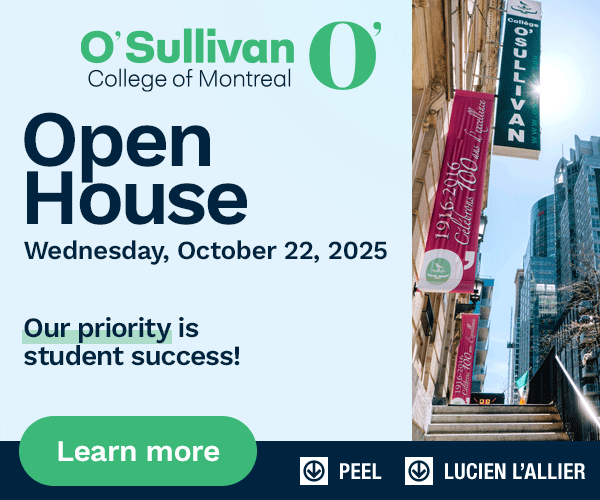He was 21 and dreamed of attending university. He even had an acceptance letter stamped "Université Laval". Everything seemed legitimate: the email address, the website, the professional correspondence until the day he was asked to transfer $700 to an address in Nigeria. "That's when it hit me. I'd been taken. I asked questions, but it was already too late to get some of the money back."
Issa*, a young man from Burkina Faso, is one of the hundreds caught in this kind of scam. Behind the professional appearances hides a sophisticated network of fake agents, imitation websites, fictitious bursaries, and even universities invented out of thin air all feeding on a Canadian immigration system as generous as it is vulnerable.
The problem is longstanding and widespread: In 2023 alone, Immigration, Refugees and Citizenship Canada (IRCC) identified nearly 1,550 permit applications based on fake letters of acceptance. Some came from bona fide establishments whose documents had been tampered with. Others came from fictitious institutions, fabricated to con students and fool the authorities.












